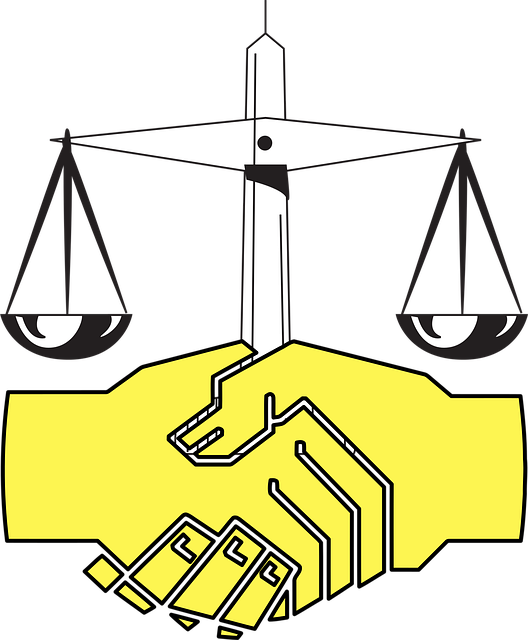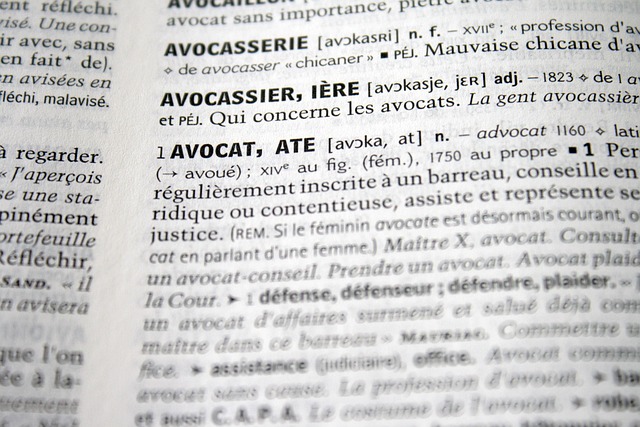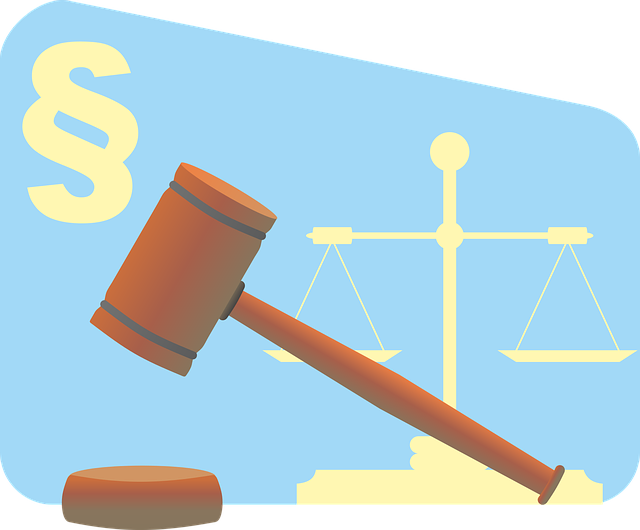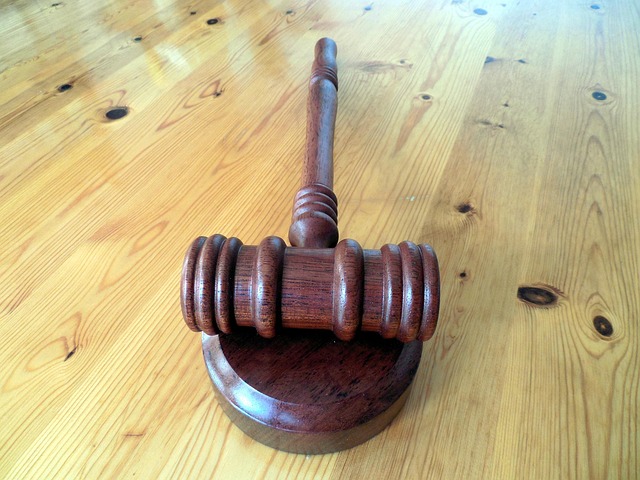Navigating Defending Against Assault Charges in Criminal Court requires skilled legal representation to protect rights, gather evidence, and challenge testimonies. Understanding self-defense laws, mitigating factors, and strategic defense strategies are crucial for favorable outcomes, especially in cases affecting philanthropic and political communities. Through comprehensive investigations and compelling narratives, attorneys ensure fairness while managing societal repercussions.
In the intricate web of criminal justice, understanding litigation types is paramount. This article delves into the nuances of criminal court proceedings, focusing on a key aspect: defending against assault charges. We explore evidence assessment in assault cases, dissect self-defense claims, analyze mitigating factors and penalties, and uncover strategies for effective legal representation. By navigating these complexities, individuals can better comprehend their rights and navigate the system with confidence.
- Understanding Criminal Court Proceedings
- Assessing the Evidence in Assault Cases
- Defending Self-Defense Claims
- Exploring Mitigating Factors and Penalties
- Strategies for Effective Legal Representation
Understanding Criminal Court Proceedings

Criminal court proceedings can be complex, especially for those facing serious charges like assault. Understanding the process is crucial when defending against such allegations. The system involves a series of steps designed to ensure fairness and determine guilt or innocence, with each stage playing a vital role in the overall narrative. From initial arrests to grand juries and trials, every action contributes to building a case.
For those accused of assault, navigating these high-stakes cases requires skilled legal representation. The defense team must be well-versed in all stages of the investigative and enforcement process, from gathering evidence to challenging witness testimonies. With each move, they aim to protect the rights of their client, ensuring a fair trial and potentially mitigating charges. This meticulous approach is essential when dealing with criminal allegations that could have lasting impacts on an individual’s life.
Assessing the Evidence in Assault Cases

In assault cases, assessing evidence is a critical step for any legal team defending against charges in criminal court. The focus shifts from gathering evidence to scrutinizing it meticulously. This process involves evaluating the reliability and credibility of witness testimonies, examining physical evidence, and considering any potential motives or extenuating circumstances. For both corporate and individual clients facing assault allegations, a robust defense strategy hinges on this thorough evaluation.
A successful defending against assault charges often requires presenting a compelling narrative that challenges the prosecution’s case. By uncovering inconsistencies in testimonies, questioning the reliability of physical evidence, and highlighting alternative explanations, legal representatives can achieve extraordinary results. The goal is to create reasonable doubt in the minds of the jurors or judges, ensuring a fair trial where winning challenging defense verdicts becomes achievable.
Defending Self-Defense Claims

When facing defending against assault charges in criminal court, understanding self-defense laws is crucial. In many jurisdictions, individuals have the right to protect themselves or others from imminent harm. However, proving self-defense is a complex task that requires careful consideration of facts and circumstances surrounding the incident. Legal professionals specializing in white collar and economic crimes are adept at navigating these complexities.
They help clients navigate not only the criminal proceedings but also the societal implications for philanthropic and political communities. A successful defense strategy involves thorough investigation, gathering evidence to support the self-defense claim, and presenting a compelling narrative to the court. The goal is to ensure justice while protecting the rights of individuals accused of using force in what they perceived as necessary self-defense.
Exploring Mitigating Factors and Penalties

When exploring mitigating factors and penalties, especially in cases like Defending Against Assault Charges in Criminal Court, it’s crucial to understand the nuances that can sway a verdict. Various elements come into play, from the specific circumstances of the assault to the defendant’s background and any extenuating conditions at the time of the incident. These factors can significantly impact the outcome, potentially leading to reduced charges or sentences.
Across the country, successful lawyers have been winning challenging defense verdicts for their clients by leveraging these mitigating elements effectively. By presenting a compelling narrative that highlights the defendant’s character, circumstances leading up to the assault, and any attempts at reconciliation, legal teams can humanize their client’s story. This strategic approach not only mitigates potential penalties but also underscores the importance of a fair and just legal process, ensuring that every individual receives a defense that reflects the unique context of their case.
Strategies for Effective Legal Representation

Effective legal representation requires a strategic approach, especially when defending against assault charges in criminal court. An experienced attorney plays a pivotal role in guiding their client through all stages of the investigative and enforcement process. This includes meticulous preparation to counter the prosecution’s case, crafting compelling arguments that highlight the client’s innocence or mitigating circumstances, and presenting a strong defense strategy.
By employing robust legal tactics, attorneys can protect their clients’ rights and interests. This may involve thorough investigations, expert witness testimony, and an understanding of relevant laws. Well-prepared defenses can significantly impact the outcome, ensuring justice is served for all parties involved, and fostering trust within the philanthropic and political communities.
In navigating the complex landscape of criminal court proceedings, especially regarding assault cases, understanding the nuances of evidence assessment, self-defense claims, mitigating factors, and effective legal strategies is paramount. By delving into these key aspects, individuals can better defend against assault charges, ensuring a fair trial and potentially minimizing penalties. Armed with knowledge and robust representation, those facing such accusations can navigate this challenging process with confidence.






